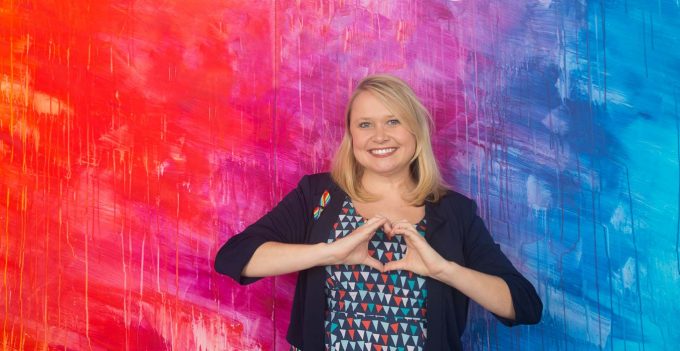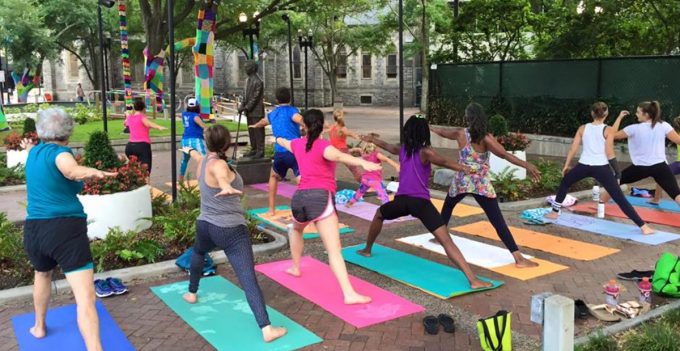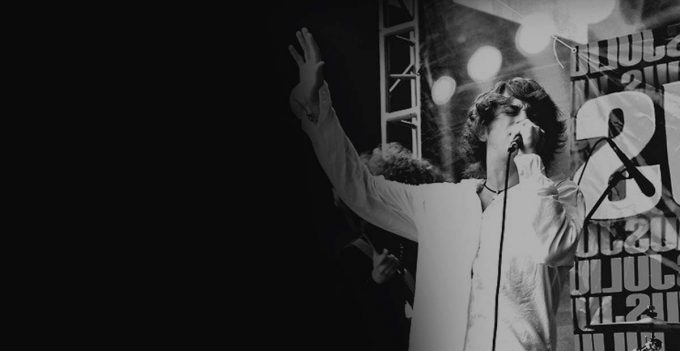Zebra Coalition Supports LGBTQ+ Youth Facing Addiction
Heather Wilkie Director, Zebra Coalition Heather Wilkie joined Zebra Coalition in 2014 as a mental health counseling intern. She has a clinical background and a history of nonprofit work, including […]







